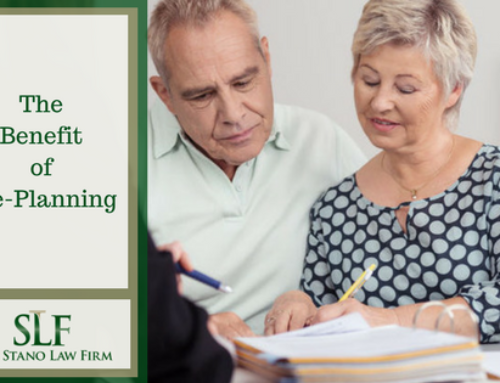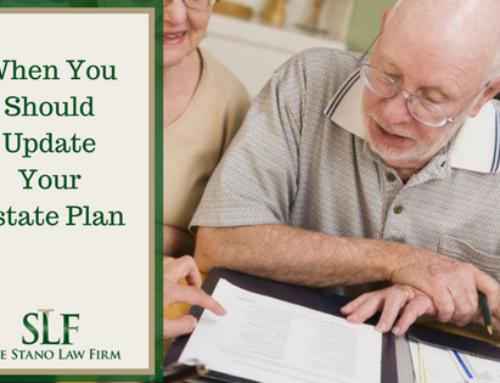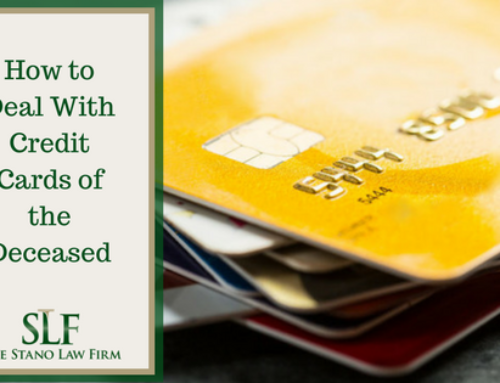The answer to that question is, no. Outstanding debts will still need to be paid even after your death, but who is liable for paying the debts depends on the types you left behind. Persons who have joint ownership of property with a deceased debtor, or persons who co-sign on certain debts are responsible for paying those debts after the primary debtor dies. Spouses in community property states who jointly owned property during marriage may be responsible for some debts after a spouse dies.
After your death, your creditors are paid from your probate estate (property that passes through a will). Your appointed executor is responsible for making sure all of your creditors are paid. Assets from your estate will be used to satisfy your creditors before they are distributed to your heirs. If you have a ton of debt, most likely all of your probate estate will be used pay creditors.
Some estate assets are protected from creditors. Assets that pass directly to a beneficiary, such as funds in a jointly held bank account or life insurance proceeds, cannot be used to pay creditors. Depending on the laws of your state and the type, a creditor may not be paid from funds in a trust. It would be wise to consult with a elder law attorney to determine if your assets will be protected from creditors after you die.






